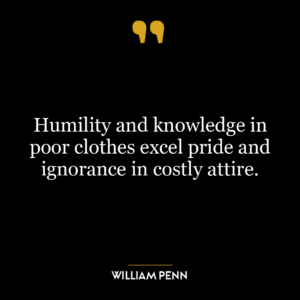This quote is about the hindrance that our egos can create in our path to knowledge and understanding. The “ignorance” mentioned here refers to a lack of knowledge or understanding, which according to the quote, is often a result of our egos. The ego, in this context, can be understood as our sense of self-importance and self-esteem, which sometimes makes us too proud to admit that we don’t know something or that we might be wrong about something.
The phrase “unwillingness to go beyond ego” suggests that we often let our egos limit our potential to learn and grow. We are unwilling to step out of our comfort zone, to question our beliefs and assumptions, or to consider perspectives that challenge our views. This unwillingness, driven by our egos, keeps us stuck in our ignorance.
Applying this idea in today’s world, we can see how our egos often hold us back in various aspects of life – from personal growth to social and political progress. For instance, in the realm of personal development, one might be unwilling to accept constructive criticism or to acknowledge one’s mistakes due to their ego, thereby hindering their own growth and learning.
Similarly, on a societal level, we can see how ego-driven politics and ideologies often stand in the way of progress and understanding. Leaders and groups might cling to their beliefs and agendas out of ego, unwilling to consider alternative perspectives or to admit when they are wrong. This can lead to conflict, stagnation, and a lack of progress.
In conclusion, the quote suggests that in order to overcome ignorance, we must first overcome our egos. We must be willing to question ourselves, to admit when we are wrong, and to consider perspectives different from our own. This willingness to go beyond our egos can pave the way for learning, growth, and progress on both a personal and societal level.






